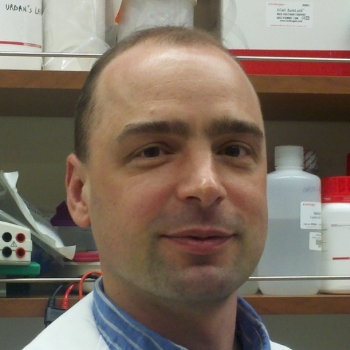Current Research and Scholarly Interests
I have over two decades worth of experience in developing and applying high-throughput and high-resolution genomics analysis tools and procedures, in particular in the context of studying genomic sequence variation in brain development and function.
I have been involved on numerous occasions in using a large-scale and high-throughput setup for genomics analyses as well as carrying out analyses over several levels of genomics and epigenomics information. This includes participation in the ENCODE and 1000 Genomes projects, for the latter as a member of both the analytical and structural variation groups.
I have experience with developing and applying state-of-the-art and emerging genomics and epigenomics technologies (array and next-generation-sequencing based) for the analysis of gene expression, genomic DNA sequence and structure, DNA methylation and chromatin modification, in human cells and human cell culture systems, including stem cell culture models. For example I was co-first author of the paper in Science (Korbel, Urban, Affourtit et al., 2007, PMID 17901297) on developing next-generation-sequencing based paired-end mapping of CNVs and SVs, an approach that is now a standard part of whole-human-genome sequencing projects such as the 1000 Genomes Project. Paired-end mapping is also a critical component of advanced RNA-Seq approaches, mapping of transposable elements and the study of long-range chromatin interactions using the HiC method.
Two main, and connected, directions of research in my laboratory are the investigation of the molecular effects of large genome variants during neuronal development using iPSC model systems and the study of the nature and effects of somatic genome variation in the brain using tissue culture models and primary tissue samples.


